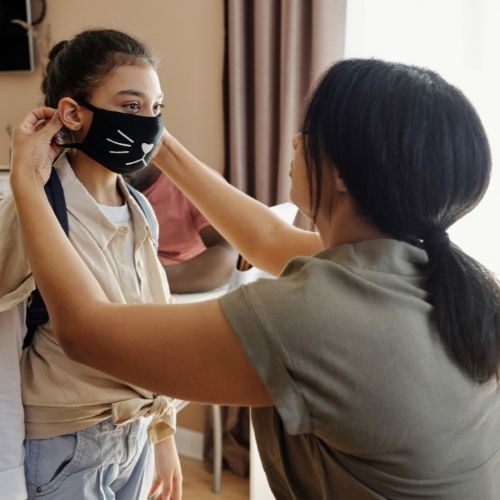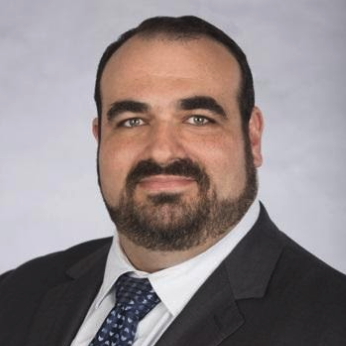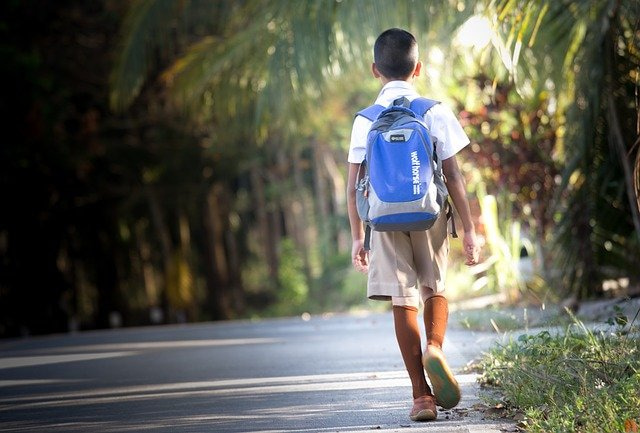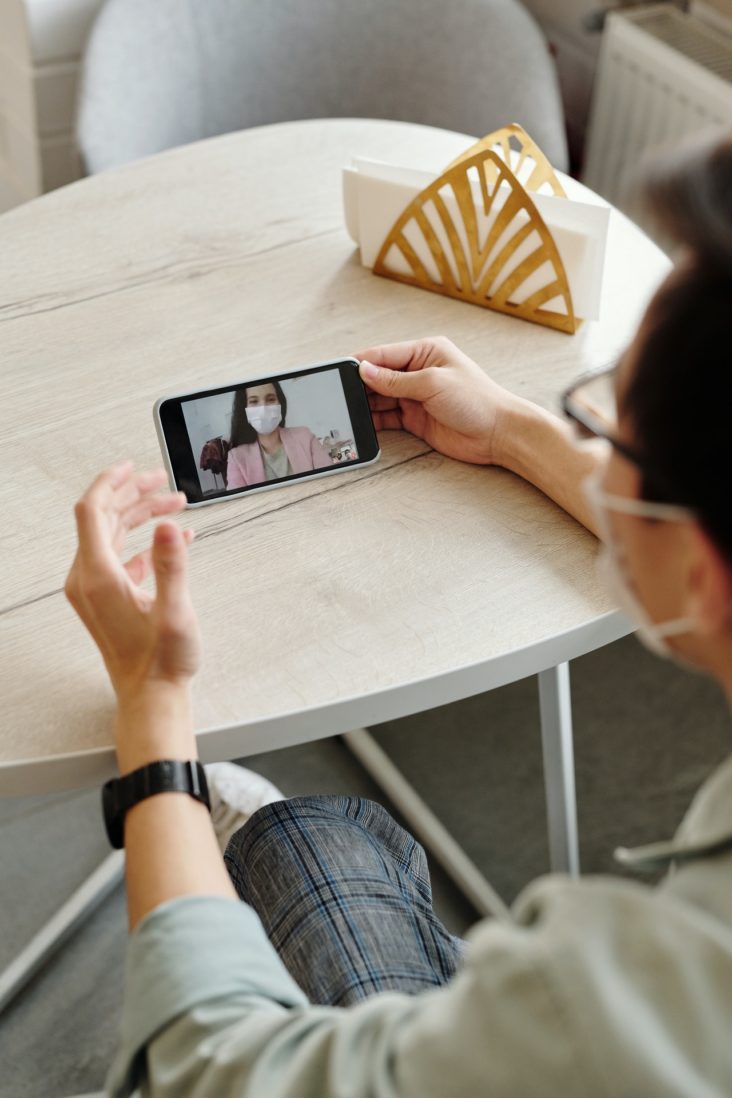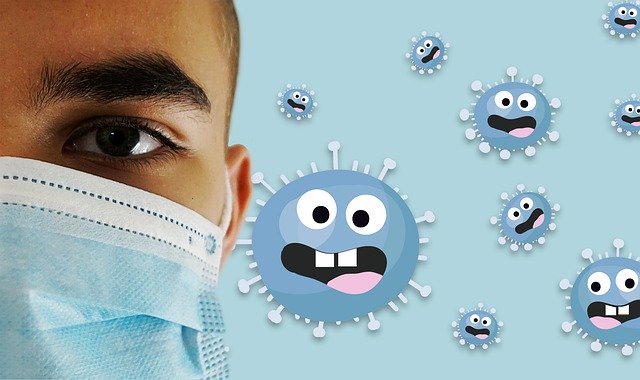My colleagues and I have noticed an increase in anxiety and anxiety-related disorders over the past two years. This is likely because during times of strife, people typically feel apprehensive. However, since we are returning to more normal lives, many people have been caught off-guard to realize how uncomfortable they now are in social situations – especially if they were never fearful before.
People who found it hard to socialize before Covid are now finding that they’re grateful for the time they spent alone. They were able to stay in their comfort zones and avoid difficult situations. But now that everything is changing, they’re worried about venturing out again.
Others had no social concerns before Covid came on the scene, but now find they do. Since we have been socially distant for quite awhile, it makes sense that social anxiety is now present in so many people. Strict distancing measures were necessary during the pandemic. They helped us feel protected and stay safe. But they have also made it harder to let go and start interacting socially now.
Many people experienced a lot of trauma, fear, and uncertainty during the pandemic. They learned to associate social situations with getting sick. As a result, they now feel very vulnerable around other people and those feelings will be hard to shake as the pandemic moves into the endemic stage.
Is It Normal That I Feel Anxious After The Pandemic?
Social anxiety can involve feeling that others are judging or disapproving of you. You might sweat, have a racing heart, feel difficulty concentrating, and feel sick to your stomach when you think about going out socially. For many people, any of these symptoms or a combination of them can occur even when they just think about going out.
Superficial differences also contribute to social anxiety, especially now. People who don’t do the same as others when it comes to social distancing protocols may feel judged. This is because some people have already dropped Covid protocols, but others will continue to hold tightly to safety measures.
An example of this would be if someone went to a social event without wearing a mask. They might feel anxious around people who are wearing masks. This person might become nauseous or break out in a cold sweat when interacting with a masked person – even if they are surrounded by family or friends.
They may also have problems concentrating or focusing on conversations. Feeling confident in themselves could seem next to impossible when they are convinced that everyone is staring at them.
If these reactions happen often or their anxiety is really strong, the person might start to avoid social situations altogether. This can bring short-term relief, but if they do this for a long time, they might start to feel disconnected and isolated from other people.
Simple Steps To Start Living Again After Covid
Some of us will fill our social calendars in the coming months while others will struggle emotionally with the current relaxed social standards.
If you are feeling anxious about resuming a social life, you don’t accept every invitation, especially at the beginning. Remember that this is a time of transition for everyone. Be choosy about which social gatherings you attend, limit yourself to the ones that enforce similar personal protocols, and give yourself a breather in between events.
If possible, try to take things slowly when returning to the office, as well. Perhaps you can start by going in one day a week for the first week or two, and then slowly increase your number of days from there. This will help you adjust better and not feel overwhelmed.
If you are not able to ease back into the workplace, reach out to others for support. Chances are, many people you know have been in the office for a few weeks by now. Ask them how they coped when they first went back. What did they do to make their return easier? Surely, they found each successive work day easier to manage as they got used to their old routine.
Be kind to yourself when you are transitioning back to work. Remember that the anxiety you feel before returning is usually worse than the reality. Make sure you eat well, relax, and do something you enjoy before returning. Most importantly, try to avoid anything that might stress you out and make your first few days back difficult.
It is also important to stay positive and optimistic, even when social interactions are difficult or uncomfortable. With time and patience, it is possible to manage social anxiety during this difficult period and eventually regain your normal routine.
If you are still struggling with social anxiety after trying these strategies, don’t hesitate to seek professional help. A therapist or counselor can help you explore other options and develop a treatment plan that works for you.
How To Get Help For Social Anxiety In Children
Our warm and welcoming Children’s Center offers a wide range of clinical, therapeutic, educational and supportive services specifically for children ages two through twenty two. Additionally, our facility is the South Florida regional clinic for the National Social Anxiety Center (NSAC).
For more information about how our child psychologist can help your child with their social anxiety or other mental health needs, contact the Children’s Center for Psychiatry Psychology and Related Services in Delray Beach, Florida or call us today at (561) 223-6568.


